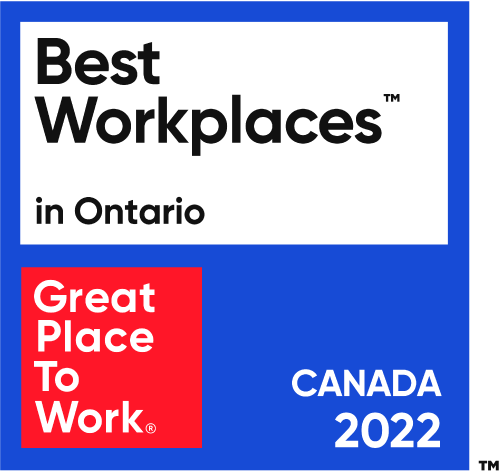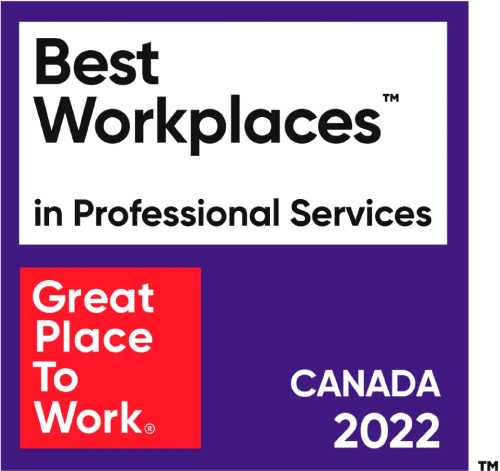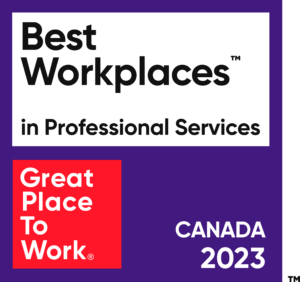The Obstacle Is the Way
scott2021-08-21T10:38:48-05:00Marcus Aurelius was a Roman Emperor and a Stoic philosopher. On the throne from 161 to 180, he was the last of the rulers knows as the Five Good Emperors and the last emperor of the Pax Romana, an age of relative peace and stability for the Roman Empire.
Marcus acquired the reputation of a philosopher king within his lifetime, and the title would remain after his death. Between 170 and 180, he wrote what would become Meditations, a series of personal writings that recorded private notes to himself and ideas on Stoic philosophy. It is unlikely that Marcus ever intended the writings to be published. However, Meditations is a classic compilation that has been studied and revered by heads of state, business moguls and military leaders for centuries.
Why would we reference works from nearly 2,000 years ago? No matter your role or how long you have been in it, we all have situations we would rather avoid. Meditations provides timeless wisdom and insights that can help to understand the process of breaking through obstacles (and coaching others to do the same). One passage stands out above the rest:
“Our actions may be impeded, but there can be no impeding our intentions or dispositions. Because we can accommodate and adapt. The mind adapts and converts to its own purposes the obstacle to our acting. The impediment to action advances action.
What stands in the way becomes the way.”
Let’s convert this from 2nd Century to 21st Century vernacular. As we move through life in pursuit of our goals, we occasionally get “impeded”. We find ourselves stalled, slowed down, or stopped in our tracks. But there’s no reason for that hinder our commitment, our attitude, our energy, or our effort. Why? Because we have been gifted with the intellectual capacity to gather information, assess the situation, and make changes. If you want something in life that you have never had, you will likely have to do something that you have never done. However, knowing what needs to be done and understanding what is holding you back from doing it are two different tasks.
Next: “The mind adapts and converts to its own purposes the obstacle to our acting.” This simply means that our job is to domesticate the obstacle. We make the obstacle serve us on our journey to achieve the goal. We all have the right to live our best life; anything else is mediocre – and none of us were put in the roles we are in to simply be mediocre.
This leads us to Marcus’ conclusion. The impediment to action has been transformed from standing in the way to becoming the way.
Daily, we observe people attempting to avoid obstacles. Every obstacle is unique to each of us. But the responses they elicit are very similar: Fear. Frustration. Confusion. Helplessness. Depression. Anger. Change shifts our comfort zones, where we find security and stability, so these emotions are naturally occurring reactions.
In some cases, avoiding an obstacle is wise. Ever step on a Lego? Marcus isn’t
Paying Attention to Retention
scott2021-08-21T10:25:28-05:00You’ve likely started to see a shift in headlines. No longer focused on what we have been through, the new emphasis is on what’s to come. Though it’s impossible to predict the future, it certainly seems reasonable that the forecast could be correct: a mass employee exodus is coming. How can you stop it?
And do you want to?
If the thought is that turnover is a natural evolution of the workforce, it’s true. But as a leader, it’s important to remain on the driving end of those decisions, not the receiving. Creating an environment in which nobody would ever want to leave might sound impossible, but falling a few feet short of that goal is better than never striving to achieve it at all. Imagine if you had a rock-solid team of “A” Players, and a line out the door of more wanting to join. Imagine what the future could hold if your highest potentials never went to your competition, they only joined from them. Would those scenarios allow you to achieve more and (perhaps more important) enjoy more?
So yes, it’s fair to say that paying attention to retention is more essential than ever, knowing what’s likely to come.
What Matters
Inc.com recently published an article that states a jaw-dropping 52% of employees plan to leave their jobs this year. Their research found:
- 71% more employees are more disengaged in 2021 than they were at the beginning of 2020, and 66% of employees said they would be more engaged at work if their employer improved company culture.
- 46% of employees feel less connected to their company or colleagues since the start of the pandemic; most employees blame a lack of communication (26%) or lack of effort to make remote employees feel connected (25%).
- Research found one in four employees (25%) reported work-life balance as the reason they would search for a new job.
What do we deduce from this? What kind of culture will inspire and retain the best? How can employees get involved and feel part of something bigger than themselves? What is the right balance of virtual and in-person interactions? These are just a few of endless questions that should be asked within the senior leadership of an organization. Consider though, that the answers aren’t found at the top. What matters to people isn’t the key to retention. What matters to the person is.
It’s time to stop theorizing.
It’s time to start asking.
Servant Leadership
If you had to name the names of your most important clients, who would immediately come to mind? If the answer is anyone other than the names of your employees, it’s likely time for a paradigm shift. Your people are your most valued asset, and they should feel as though you are dedicated to serving them the same way you do your external ones. Authenticity is paramount; to a certain extent, Zig Zigler’s famous quote that “you will get all you want in life, if you help enough other people get what they want” is commonly mistaken.
If the reason you
Stronger Than Yesterday
scott2021-08-21T10:39:19-05:00Resilience.
It’s one of the secrets to survival, both professionally and personally. It’s what’s gotten you to where you are, and it’s what will help define who you will become. Looking back at some of the toughest situations you’ve endured, you may have felt there was no other choice. It was a natural instinct. And while it’s true that resilience can come innately, it’s also a learned skill. Instead of leaving resilience up to chance, considering strengthening those muscles by choice. How can we lead a more resilient life, and lead a more resilient team, in the year to come?
A Core of Confidence
Everyone has an inner critic. Who do you compare yourself to, and why?
Although comparison can create competition and competition can fuel achievement, it’s a balancing act. While constructive criticism can deter certain behaviors in the short-term, positive reinforcement is generally better for shaping new and lasting behavior. It’s also at the core of creating confidence. As a leader, recognize that criticism doesn’t increase competency. You are simply sharing what not to do, instead of what to do. Imagine a child learning how to ride a bicycle. Which environment shapes a more confident future cyclist: pointing out each time they fell down, or pointing out what they did to stay up? Confidence increases productivity and causes you to choose more challenging tasks, which make you stand out amongst your peers. You naturally create a more cohesive workplace environment; confident people celebrate the accomplishments of others as opposed to insecure individuals who try to steal the spotlight and criticize others in order to prove their worth. Speaking first and often (a sign of high self-esteem) makes others perceive you as a leader. In fact, over-confident people are more likely to be promoted than those who have actually accomplished more.The fact that successful people tend to be delusional isn’t as bad as it sounds; our belief in our own eminence is what gives us confidence. Even though we are not as good as we believe we are, this confidence actually helps us become more than we would have otherwise.
A Fondness for Failure
Consider failures as beginnings, rather than endings. You’ve probably learned more from failures than any other source of wisdom. Teach yourself, and your team, to focus on the data and facts. Embrace failure’s value as a teacher, get curious about the information it provides, and be open to where it leads you next. You may even find you fail less when you don’t fear it. Failure is either redirecting or reaffirming. If failure caused you to take a different path, it’s because you saw it heading towards a dead-end. (Yay!) If failure caused you to get back up and keep going, it reaffirms you are committed to a goal and it’s worth fighting for. (Yay!)
The Power of Purpose
We have the freedom to choose our actions, our profession, our financial needs, and the path of our life. Each day is not about what we have to do. It’s about what we get to do. Strength can come




